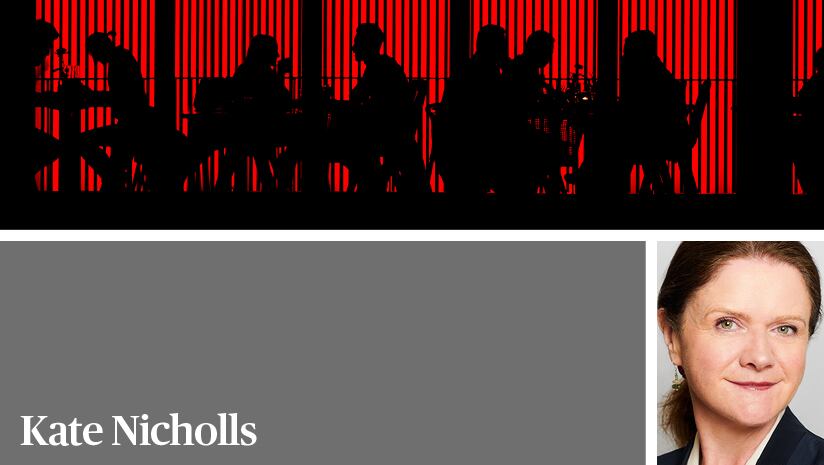Licensing might not be the most glamorous topic in hospitality, but it is one of the most fundamental. It shapes how we operate, how we grow, and how we serve our customers. Right now, we have a rare chance to make it work better for our sector.
Recent headlines about “extending opening hours to drive growth” followed the Government’s announcement of a Licensing Act review – but let’s be clear: this isn’t about forcing businesses to stay open later. The proposals are far broader and more meaningful than that. We all know that longer hours aren’t a magic fix for the cost pressures restaurants face – staffing challenges, rising bills, and shifting consumer habits make that obvious.
What’s really on the table here, however, is a package of sensible, pragmatic reforms designed to modernise the Licensing Act 2003 and make it fit for today’s hospitality landscape. These changes won’t solve every problem, but they will remove unnecessary friction and give operators more freedom to innovate.
The Licensing Taskforce – chaired by Greene King CEO Nick Mackenzie and supported by UKHospitality – is the driving force behind these proposed reforms. Its mission is to put the Licensing Act back on its original track: to promote economic growth and to meet consumer need. By doing so, the Taskforce is ensuring that hospitality sits at the heart of the Government’s high street agenda and that the licensing system works for modern businesses, not against them.
The proposals are neither radical nor a silver bullet to solve our cost challenges, but they are substantial. They are practical and offer a real opportunity to streamline processes, reduce duplication and create a more consistent framework that works for operators. This includes making economic growth a licensing condition, a new national licensing policy framework to end the postcode lottery, an amnesty on unnecessary legacy conditions, more Temporary Event Notices for special occasions, an end to mandatory newspaper advertising requirements, and much more.
Crucially, these reforms come without fee hikes or extra burdens – they are small, pragmatic reforms that I urge the sector to get behind. They’re about making life easier for operators.
Why does this matter for restaurants? Throughout my career, I’ve heard countless stories from businesses unable to adapt or expand because of outdated, overly complex rules. Restaurants thrive on creativity and flexibility, yet the current licensing framework often feels like a barrier rather than an enabler and it’s true to say licensing touches everything – from how you host events to how you adapt your offer.
A more streamlined system means more room to innovate, whether that’s adding a late-night tasting menu, hosting pop-ups, or creating new experiences for your guests.
Of course, for these changes to have real impact, businesses need the financial headroom to take advantage of them. That’s why UKHospitality’s #TaxedOut campaign remains front and centre. Lowering business rates, fixing NICs, and cutting VAT are the levers that will truly ease the pressure. We’ve made the case to Government that hospitality is hardest hit – and now we are urging for action in the Budget.
Licensing reform won’t grab headlines like tax cuts, but it will quietly transform the operating environment for restaurants. It’s a unique opportunity to reset the rules in your favour. Let’s not let critics dominate the debate. These proposals are practical, proportionate, and pro-growth.
UKHospitality will keep fighting on both fronts: pushing for tax relief and championing changes that make it easier to run and grow your business. Together, we can create a licensing system that supports innovation, not stifles it.

